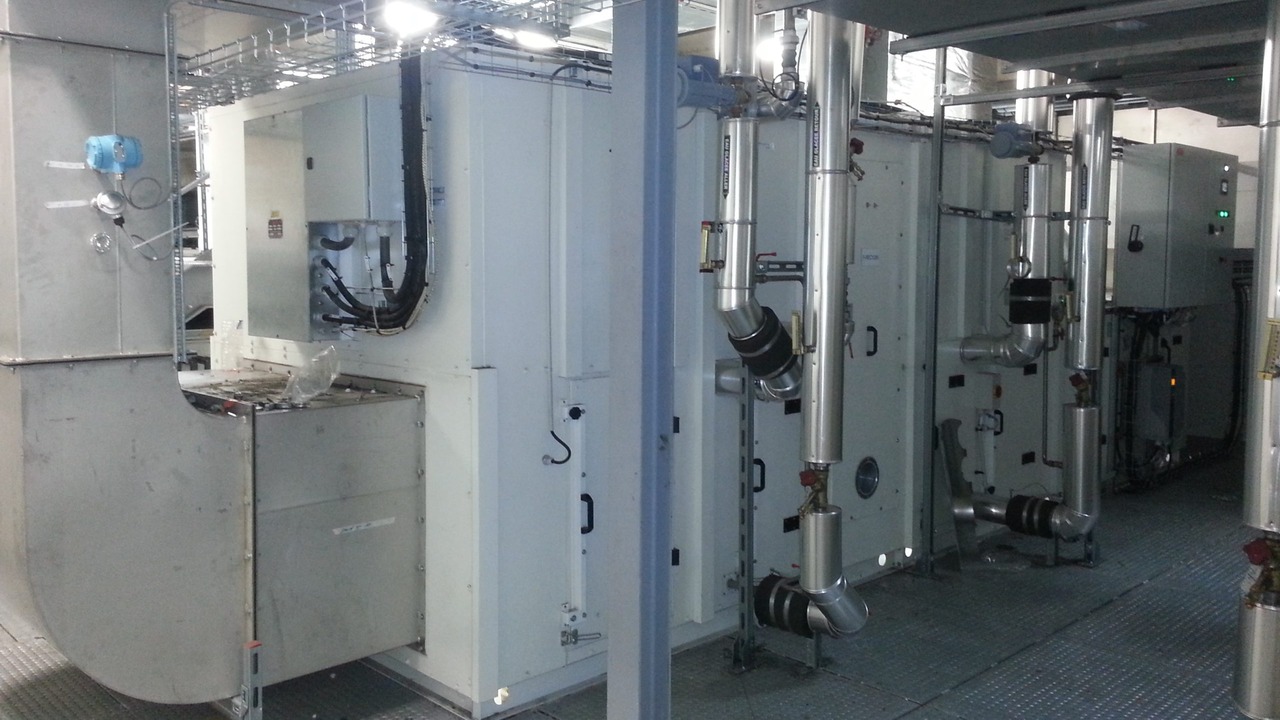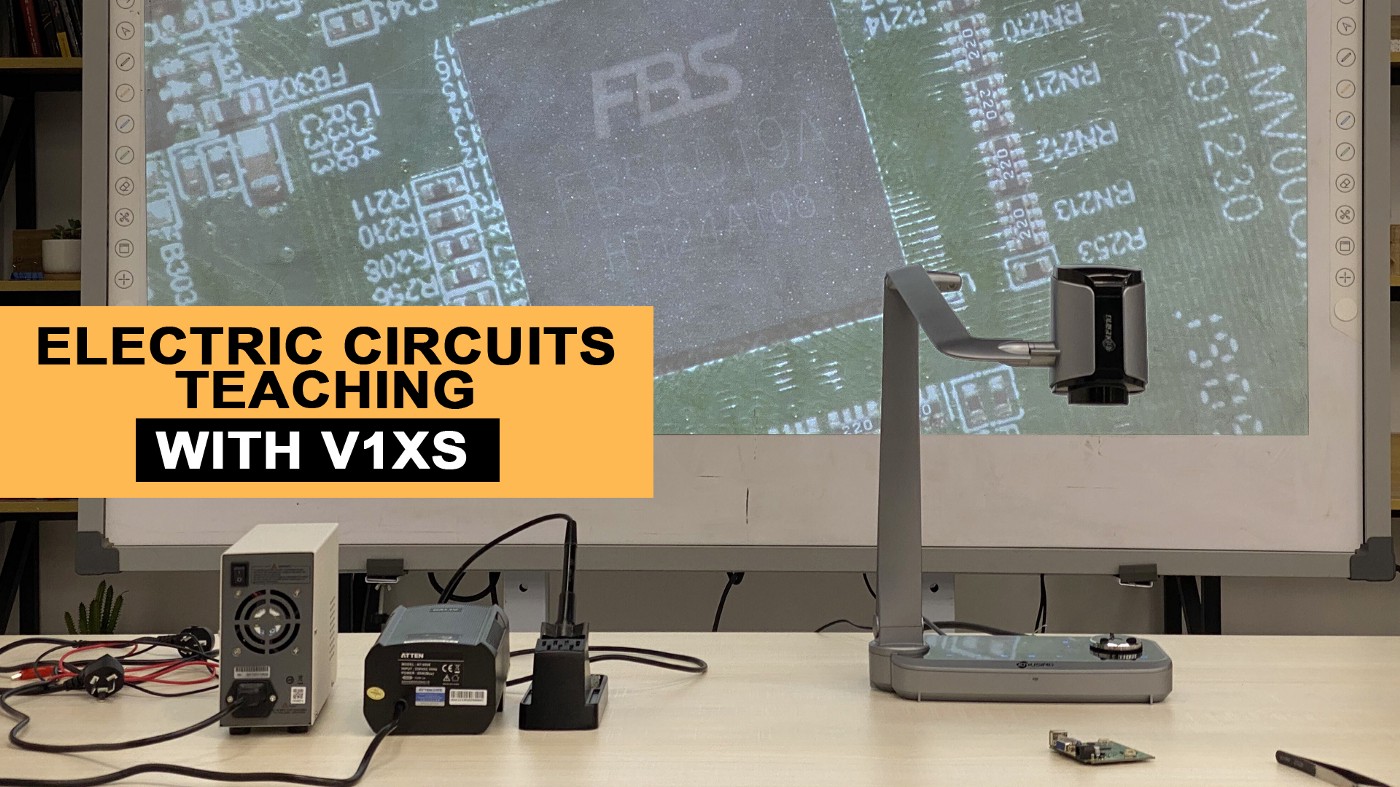Environmental conservation is therefore key in the current industrial world whereby companies don’t have any other option than to go green. Manufacturers of industrial dehumidifiers have a great responsibility for the environment. Discoveries in technology coupled with an increasing sensitivity to climate change, see manufacturers embracing eco-friendly approaches, green refrigerants, and green technologies. This article examines how industrial dehumidifier manufacturers are fulfilling the demand for sustainability, where high performance and low emissions are not mutually exclusive.
Prioritizing Eco-Friendly Refrigerants
Refrigerants are used in dehumidifiers to cool down the atmosphere and to take out moisture from the house. Older type refrigerants like HFCs have caused ozone-depleting potentials and Global Warming Potential due to high GWP’s. However some of these refrigerants are flammable, and this makes the manufacturing process a little complex. Manufacturers are also contributing to the reduction of environmental impact by spending on equipment to safely manage environmentally friendly refrigerants.
Reducing Energy Consumption with Advanced Technology
Industries dehumidifiers are used in large quantities of energy due to large-scale operations and may be used for extended periods. The manufacturers have aligned themselves with the vision by embedding energy-efficient technologies in their products to reduce energy use. Automatic controls like motor speed control, sensor control, and sophisticated heat exchanger control make dehumidifiers to control its speed in terms of its flow rate depending on humidity by enhancing efficiency. For example, variable-speed compressors enable dehumidifiers to operate at reduced speed when full capacity is not needed, hence saving power consumption. Likewise, the smart sensors used in dehumidification can also assess the appropriate energy to be used in dehumidifying, and consequently apply the ideal energy as needed. These innovations assist in reducing energy costs for companies and assist in mitigating general greenhouse gas emissions.
Embracing Sustainable Manufacturing Processes
Sustainable manufacturing is now a trend in industries and dehumidification is not excused from this trend. These are the minimization of waste, recycling of materials, and the use of energy derived from resources to run industries. Some manufacturers have gone for material efficiency in the production of their dehumidifiers, this can make it easy to dispose of or recycle them when they are no longer useful. Some are even practicing closed-loop manufacturing, a system where there is no waste and every material is recycled. This approach decreases the number of raw materials needed and cuts waste – hence supporting circular economy intentions that seek to utilize resources as optimistically as possible.
Utilizing Smart Technology for Environmental Monitoring
Smart technology has emerged as a critical enabler in the drive towards sustainable operation in the recent past. Leading industrial dehumidifier manufacturers are integrating Internet of Things sensors and operability which allow operators to track the performance of the systems and their impact on the environment. This technology enables the operator to detect any problem that may lead to excess energy consumption. Through usage data analysis, the operators are in a position to decide how the equipment can be made to work most efficiently without using excess energy. Such a level of control and transparency is beneficial for efficient operation as well as for sustainability.
Complying with International Environmental Standards
However, to minimize the impact on the environment, industrial dehumidifiers are developed in compliance with different international regulations and standards. Enterprise system standards like ISO 14001-Environmental Management Standard provide guidelines that manufacturing operations can use to incorporate environmental sustainability. Adherence to these standards is a critical way for manufacturing companies to cut emissions while also satisfying progressively conscious consumers and firms.
Raising Awareness and Educating Consumers
Manufacturers are concerned about consumers’ awareness of the environmental impressions of using sustainable dehumidifiers. By providing information about their products, they also want to inform about the effects of refrigerants, energy consumption, and recycling. Most manufacturers provide guidelines on how to use the dehumidifier to increase its durability and effectiveness to enable the customers to minimize their impact on the environment. This commitment to education is necessary if environmentally friendly purchasing behavior is to be promoted. By providing consumers with the information they need to make the right decisions, manufacturers can continue to spread their environmental responsibilities beyond their factories and into the greater industrial world.
Conclusion
Current dehumidifiers for industries incorporate several measures of environmental control including the right refrigerants, Energy efficiency, and Green manufacturing. They are using smart technology and following international standards to make the world a better place to live in. Since more and more companies are paying attention to their environmental impact, the market for ecological dehumidification will continue to rise. Continued improvements and dedication to environmentally friendly solutions by the industrial dehumidifier manufacturers are continuously contributing a decreasing figure to the industry’s impact on the environment as well as on the global climate.









